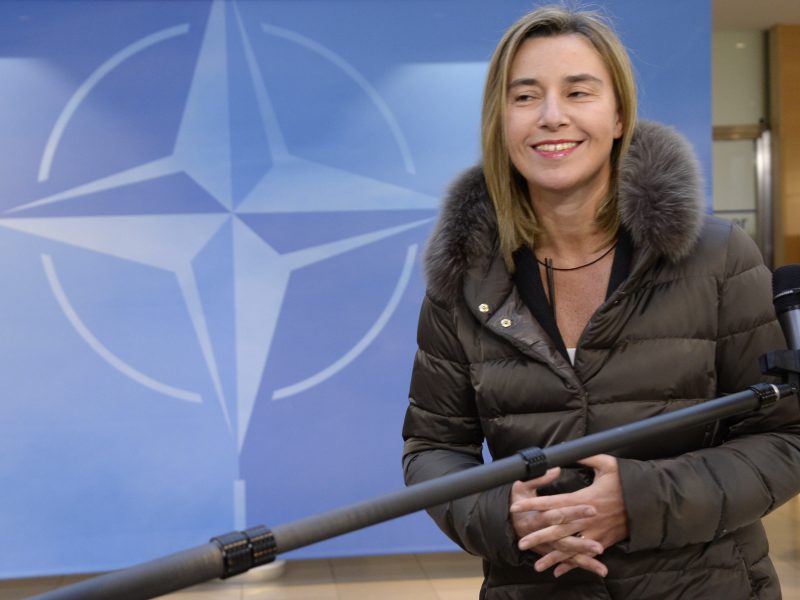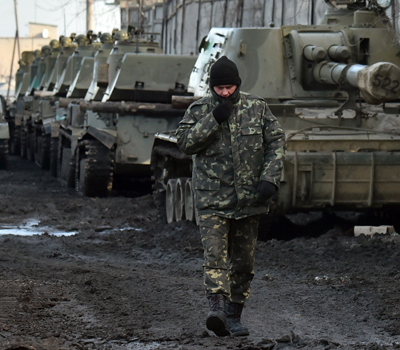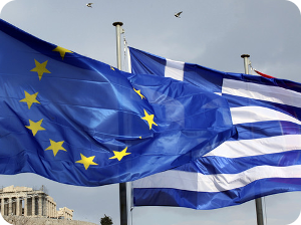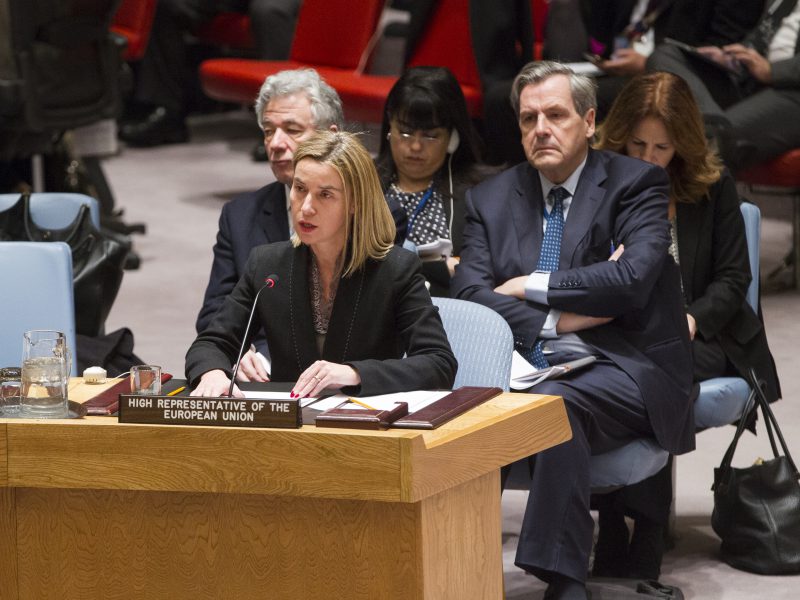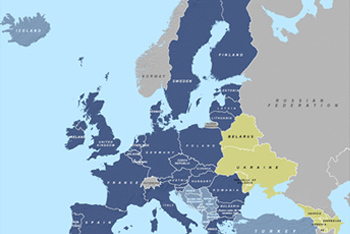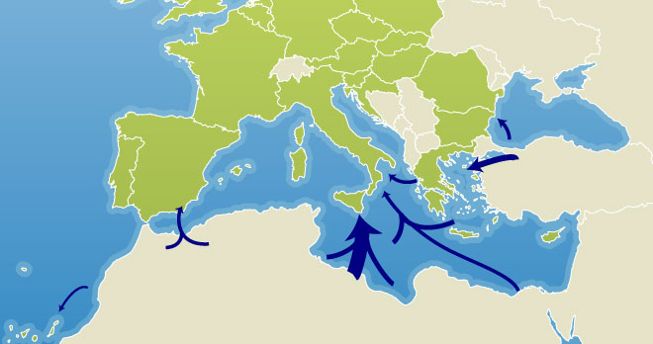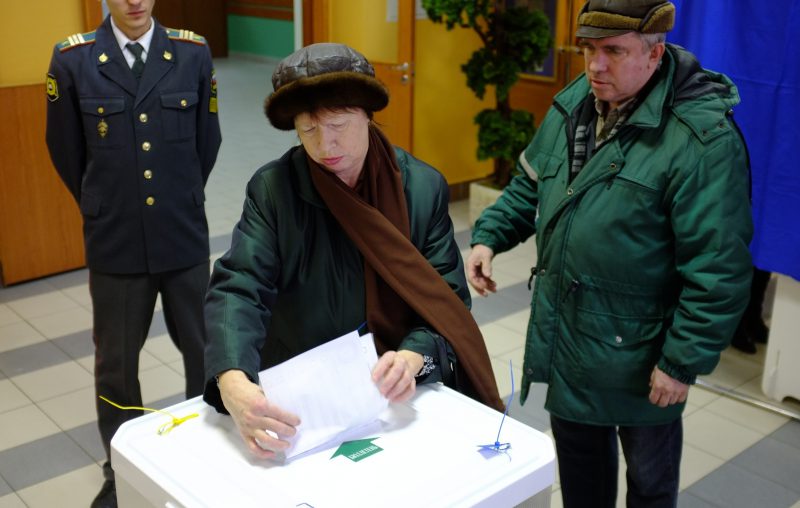Rediscovering a sense of right and wrong in international affairs
Three recent developments, two from the US and one from Europe, give us some reason to believe that a gradual end to hypocrisy and double standards may be coming about in the world of international affairs and diplomacy. They concern Iran, Syria and Saudi Arabia. In the latter case, you may have heard that the Swedish government decided not to renew a military cooperation agreement with the oppressive kingdom despite protests by the Swedish business community.

